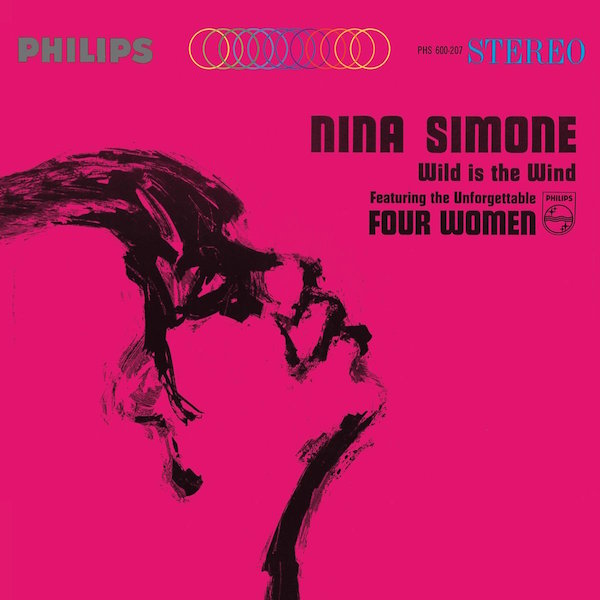4. Nina Simone – Wild Is The Wind

I could have chosen really any album from Nina Simone. I have listened to a million of her live and studio recordings. I just love her, and I haven’t heard a bad recording of hers.
She has such beautiful raw emotion to every single syllable that she sings, but what is it that you connect to about that kind of clarity? When she sang ‘Black is the Colour (of My True Love’s Hair)’, she revolutionized the old folk song with roots in Appalachia and even Scotland, and made it into a modern protest. Do you feel like you subvert traditions in your music, or act as a protest figure in that way?
She was a genius. I connect to her dedication to protest. Every song is a protest in some way. She never relented. Her career could have gone a very different way if she had just altered and edited herself, made her music more accessible to everyone. Obviously everybody knows that she was incredible, but I liked how she always pushed back. I hope to subvert traditions in my music and push back as well.
In terms of building characters within my music, I try stuff on. I was thinking a lot about big dude albums, and the confidence that some men sing with that seems very far away to me. I can’t imagine having that. Maybe they don’t, maybe it’s a performance for them, but it certainly doesn’t sound like it. I was just thinking about how much people believe them. A man could be like, "Hey, everybody check out this amazing song!" and people would be like, "Yep, that is amazing." There’s some buffer when people aren’t dudes; you have to qualify it with "I hope you like it," or something. So, on my new album, I tried to sing with some of that swagger where I didn’t give people a choice, where I gleam some of that confidence. But it’s not really natural, and it’s not really me, like a character. It became a defiant feeling to do that.
Music has become more about the people listening to it now, too. Before, we were documenting things, and that helped it be relatable because you were kind of listening in on someone. I write a lot more now thinking about who’s going to hear it and how it will make other people feel, not just what it was like when I was writing for me and my family members and friends.


